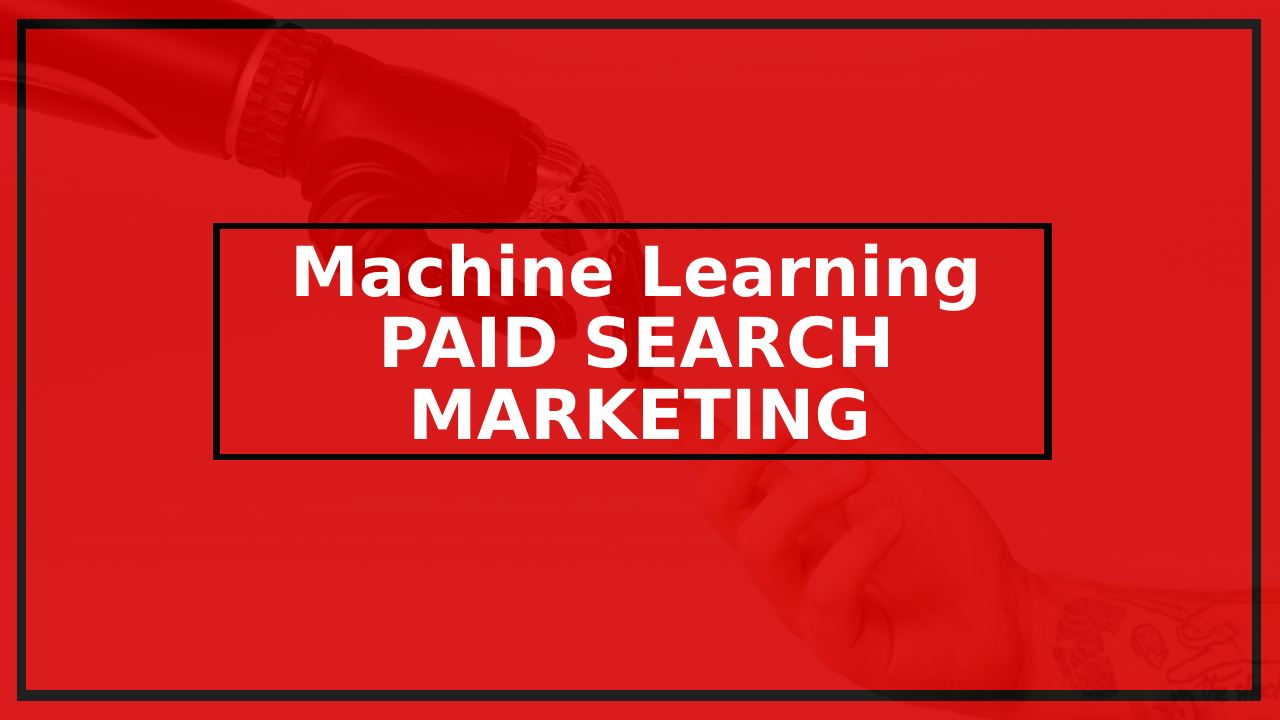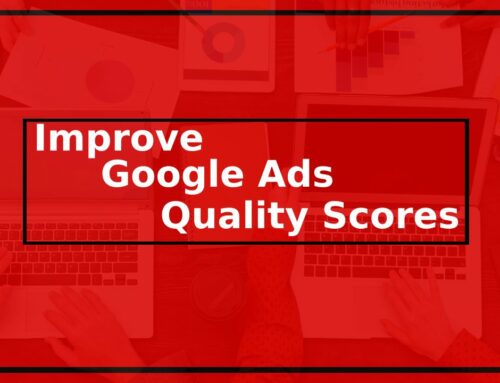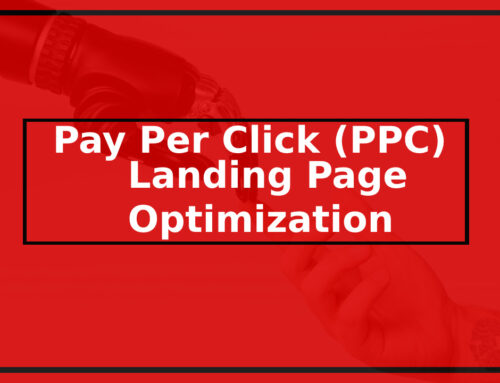The Magic Behind the Scenes: How Does Machine Learning Work in Paid Search Marketing?
Discover the fascinating world of machine learning and its role in paid search marketing. This comprehensive guide teaches how it works, its advantages, and real-life applications.
One of the key players in this arena of paid search marketing is machine learning, a powerful tool that has revolutionized how businesses approach paid search marketing. But how exactly does machine learning work in paid search marketing? In this article, we’ll dive into the nuts and bolts of this technology, exploring its capabilities, benefits, and practical applications. Buckle up as we’re about to embark on a thrilling journey!
How Does Machine Learning Work in Paid Search Marketing?
Machine learning is a subset of artificial intelligence (AI) that focuses on developing algorithms to learn and make predictions based on data. In paid search marketing, machine learning algorithms analyze vast data, identify patterns, and make data-driven decisions to optimize campaigns for maximum return on investment (ROI). Below, we’ll break down the process in more detail.
The Building Blocks of Machine Learning in Paid Search
Data Collection:
Machine learning algorithms rely on data to learn and improve. In paid search marketing, this data includes search queries, ad performance metrics, user demographics, and more.
Feature Engineering:
Data is processed into “features” that represent key characteristics of the information. For example, the number of clicks on an ad or the average time spent on a landing page.
Algorithm Selection:
Different machine learning algorithms are suited to various tasks. In paid search marketing, standard algorithms include linear regression, decision trees, and neural networks.
Model Training:
The algorithm is fed historical data and learns to make predictions based on patterns in that data.
Model Evaluation:
The model’s accuracy and effectiveness are tested using new, unseen data.
Optimization:
The model is fine-tuned to improve its performance, and the process may be repeated until satisfactory results are achieved.
A Match Made in Heaven: Machine Learning and Paid Search Marketing
There are several reasons why machine learning and paid search marketing go hand in hand:
Efficiency:
Machine learning algorithms can analyze vast amounts of data and make real-time decisions, allowing marketers to optimize campaigns more efficiently.
Adaptability:
As the digital landscape evolves, machine learning models can quickly adapt to new trends and changes, ensuring that paid search campaigns remain competitive.
Precision:
Machine learning enables hyper-targeted ad delivery, ensuring that ads are shown to the right audience at the right time, maximizing ROI.
Automation: Machine learning can handle routine tasks, freeing up valuable time for marketers to focus on more strategic aspects of their campaigns.
Real-World Applications of Machine Learning in Paid Search Marketing
Smart Bidding
Machine learning plays a significant role in intelligent bidding, a Google Ads feature that automates the bidding process. Machine learning models can make accurate bid predictions and adjustments to maximize conversions and ROI by analyzing historical performance data and real-time signals.
Dynamic Ad Creation
Machine learning can generate dynamic ad content tailored to individual users. By analyzing user behavior and preferences, algorithms can create personalized ad experiences that resonate with users and drive higher engagement.
Predictive Analytics
Predictive analytics harnesses the power of machine learning to forecast future trends and campaign performance. Marketers can use these insights to make data-driven decisions and stay ahead of the competition.
Learn More!
What is machine learning?
Machine learning is a subset of artificial intelligence that focuses on developing algorithms to learn from and make predictions based on data.
How does machine learning work in paid search marketing?
Machine learning algorithms analyze vast amounts of data, identify patterns, and make data-driven decisions to optimize paid search campaigns for maximum ROI. This process involves data collection, feature engineering, algorithm selection, model training, evaluation, and optimization.
What are some benefits of using machine learning in paid search marketing?
Some key benefits include increased efficiency, adaptability, precision, and automation, ultimately leading to improved campaign performance and maximized ROI.
What are some real-world applications of machine learning in paid search marketing?
Examples of real-world applications include smart bidding, dynamic ad creation, and predictive analytics, which help marketers optimize campaigns, personalize ad experiences, and make data-driven decisions.
Can machine learning replace human marketers in paid search marketing?
While machine learning can automate many tasks and improve overall efficiency, it will likely only partially replace human marketers. Human expertise and creativity are vital for developing effective strategies and high-level decisions.
How can I get started with machine learning in paid search marketing?
To get started, you can explore tools and platforms incorporating machine learning, such as Google Ads’ innovative bidding feature, or partner with an agency specializing in machine learning for digital marketing.
By leveraging machine learning’s efficiency, adaptability, precision, and automation capabilities, businesses can drive better campaign performance and ROI.






Leave A Comment